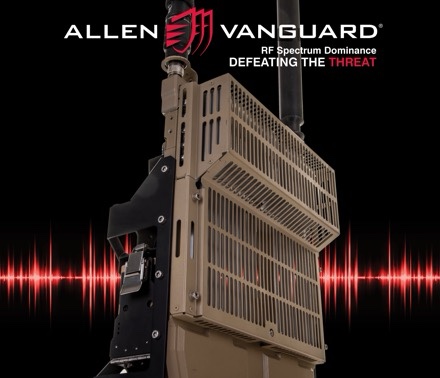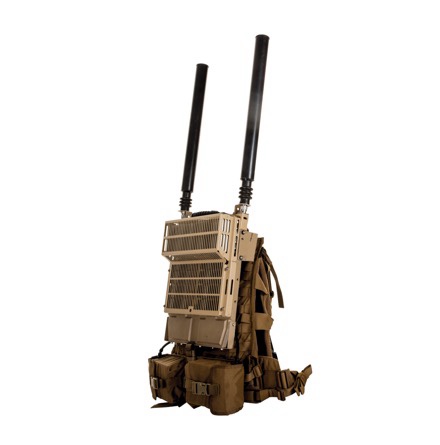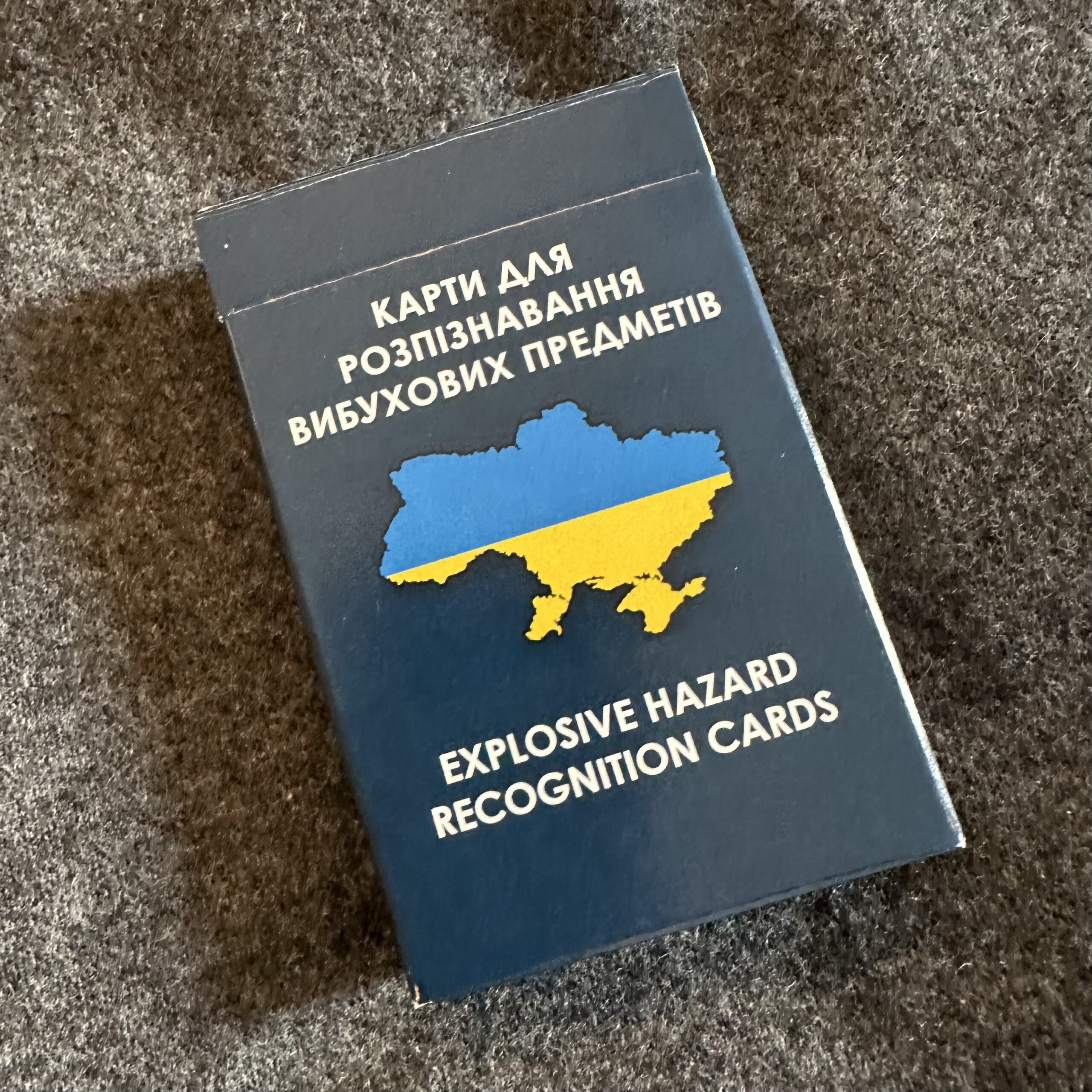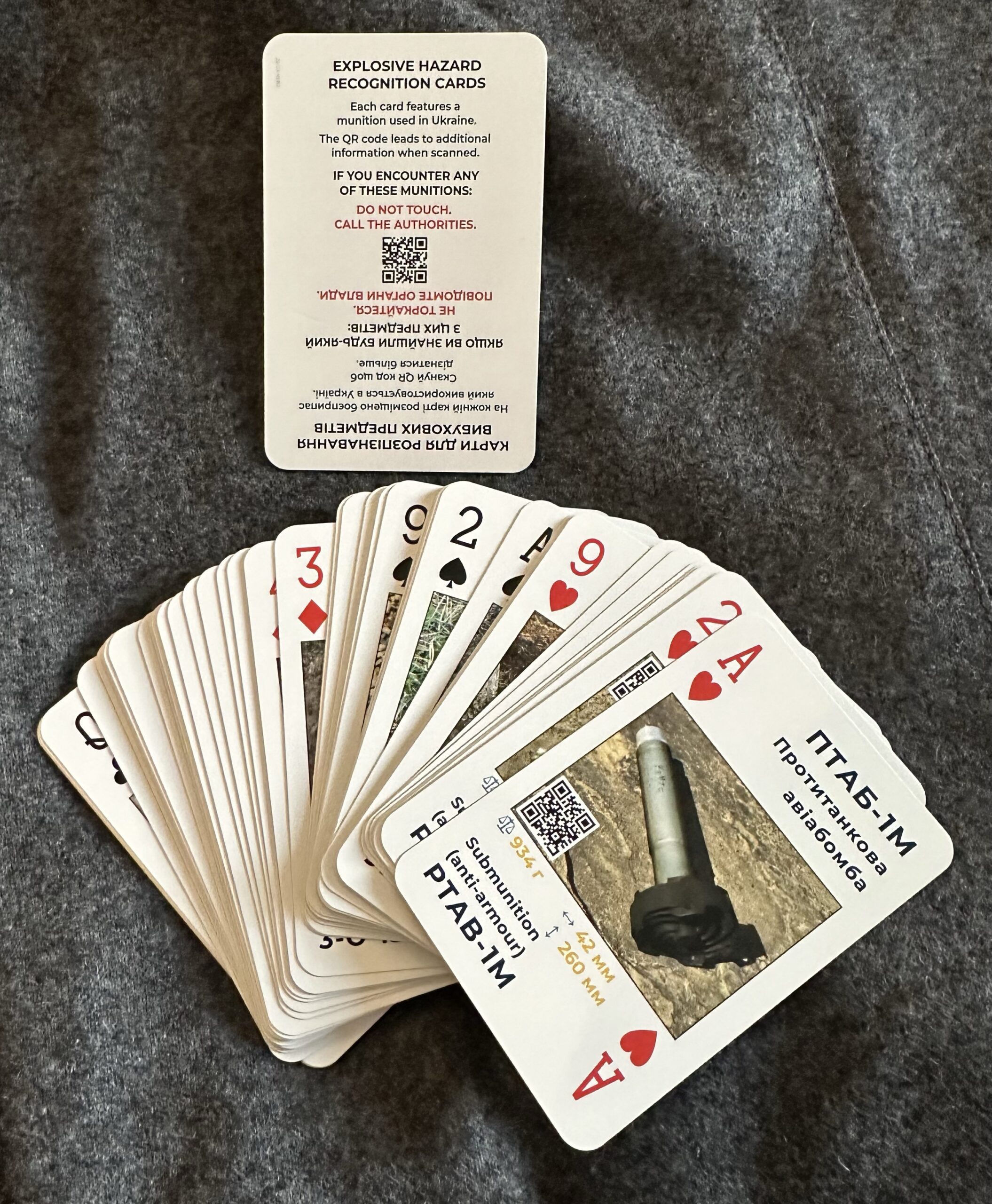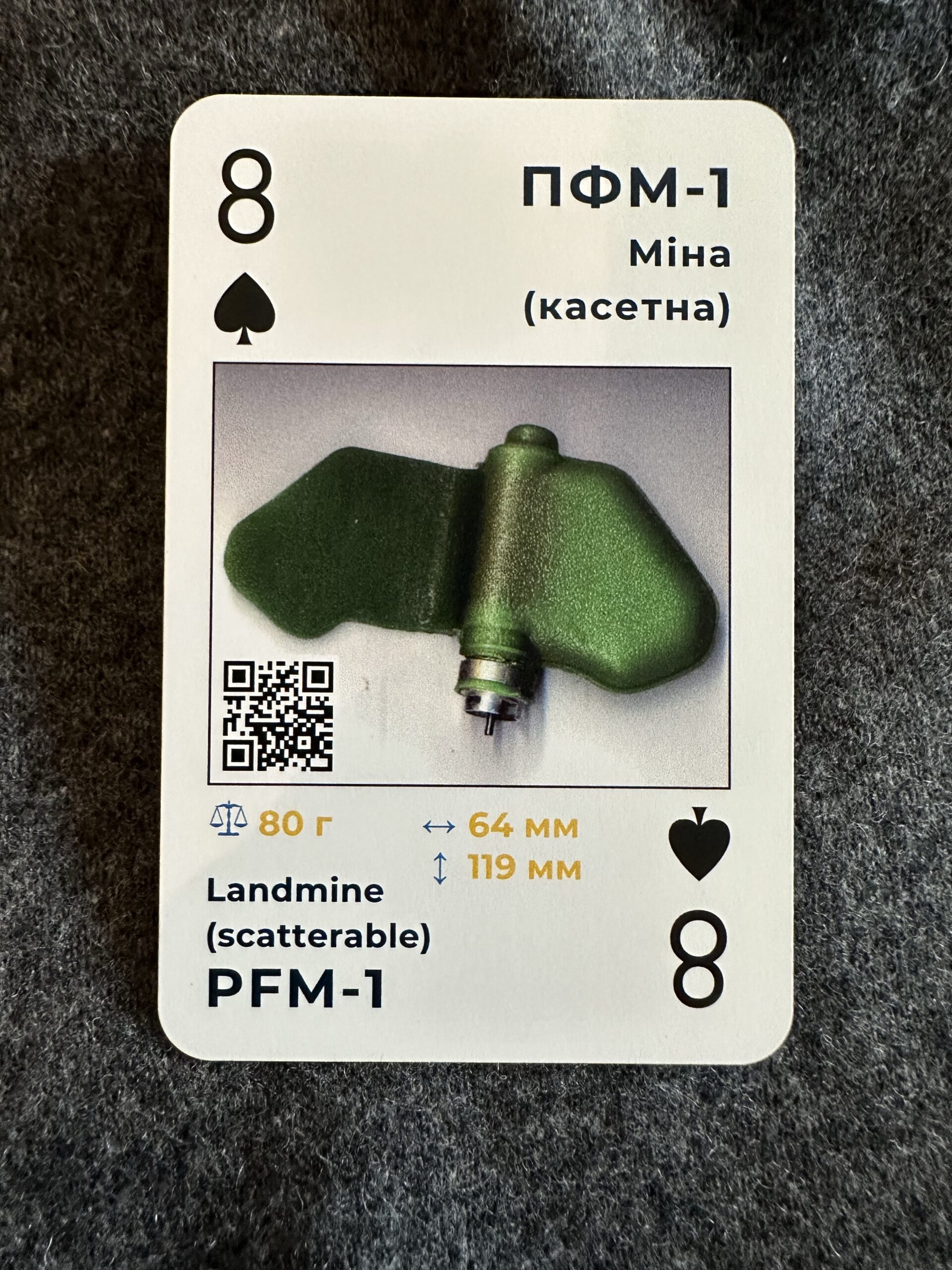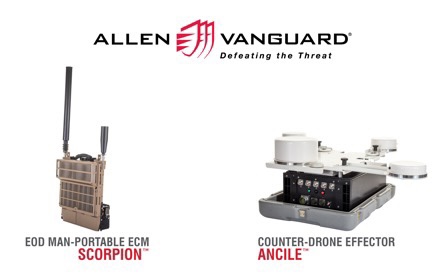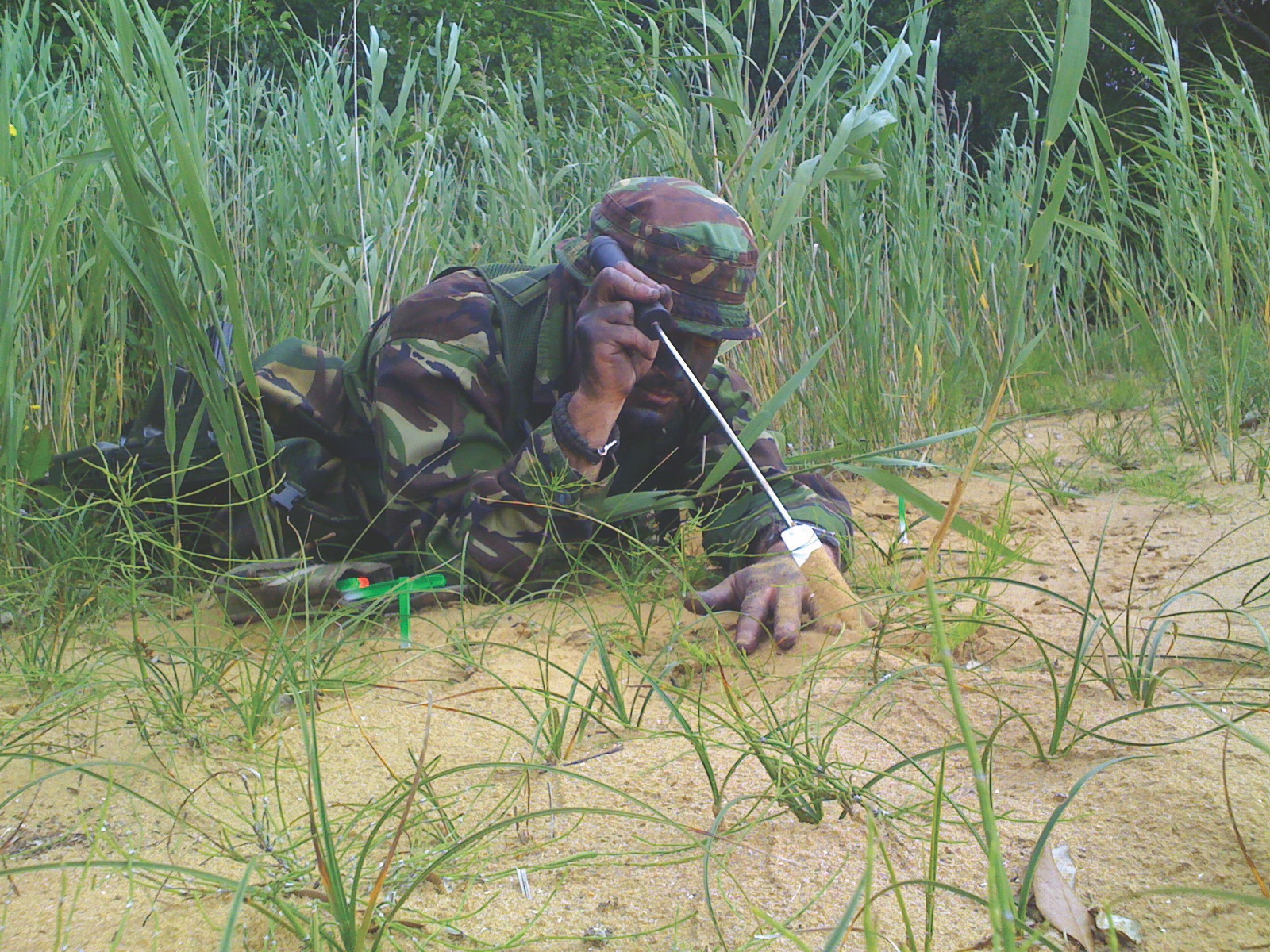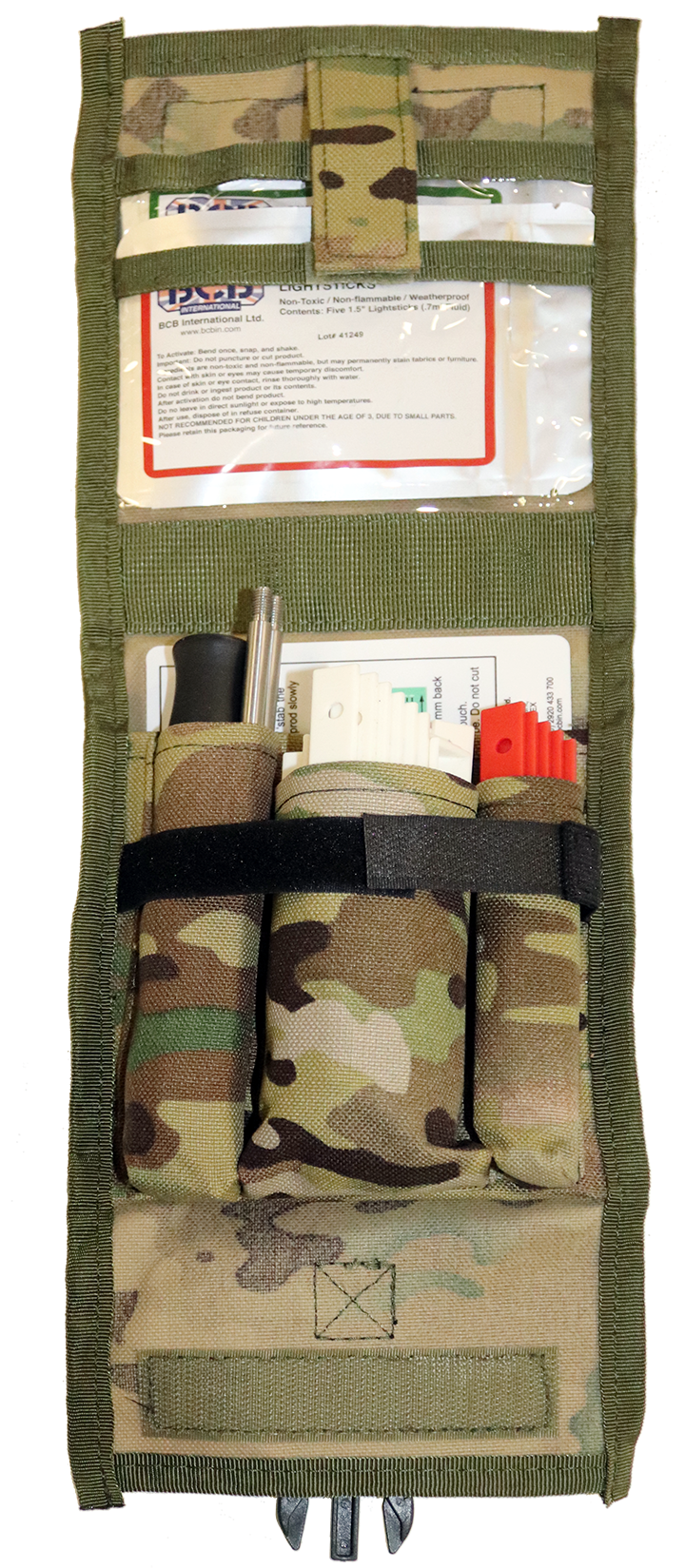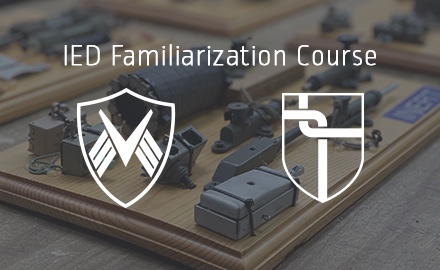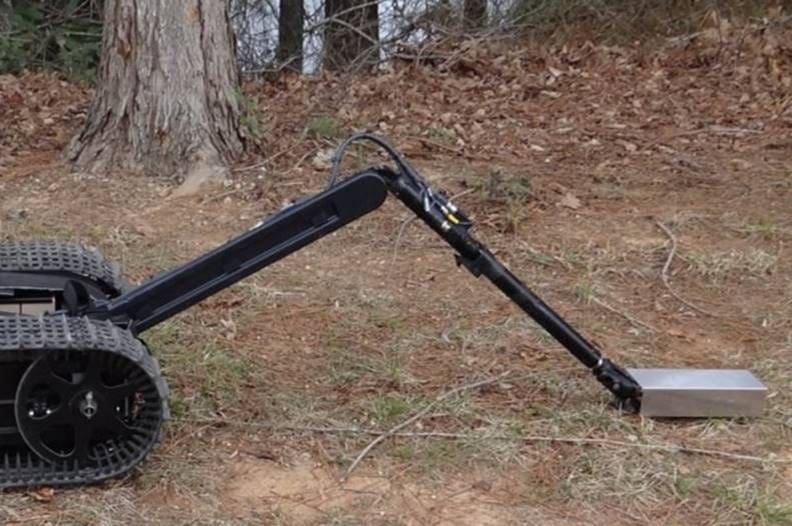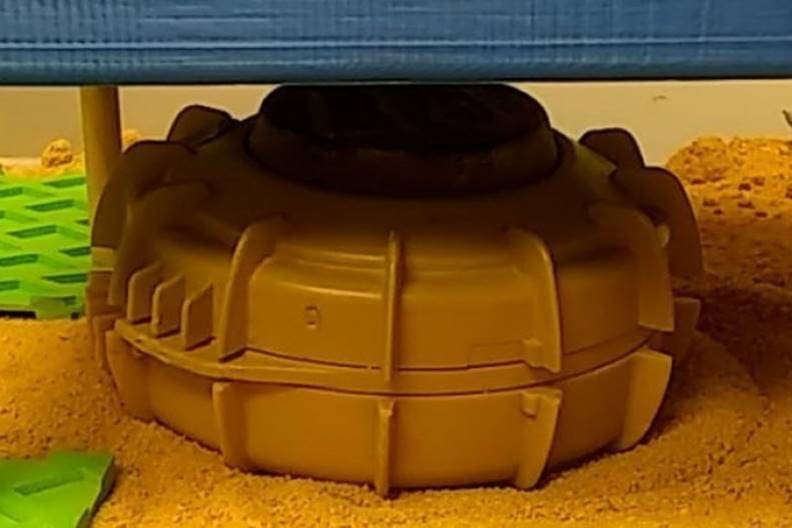Allen-Vanguard, a global leader in providing customized solutions for defeating Radio Frequency (RF) based terrorist and extremist threats, is delighted to announce that it has won a significant contract to supply 68 SCORPION Electronic Counter Measure (ECM) systems, accessories and spares to a NATO ally. The Allen-Vanguard team will be at the World Defense Show in Saudi Arabia at stand E38 to discuss all their products.
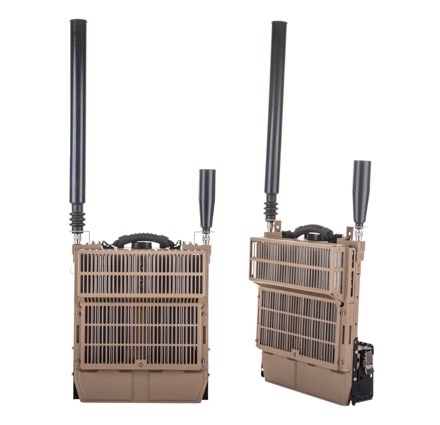
In addition to the hardware, Allen-Vanguard will also provide various support services, including a Train the Trainer (T3) package, to ensure that end users are fully equipped, trained, and prepared to deploy this vital life-saving capability as needed with full operational autonomy. In line with Allen- Vanguard’s philosophy of developing a full sovereign capability for their clients, the T3 package will ensure that the end user can train and evaluate their own personnel on the SCORPION hardware now and into the future.
Allen-Vanguard is also contracted to support in-country with staged technical support visits, spread out over several years. These visits are to help maintain the hardware and update the software to maximise the protection provided and further develop the technical capabilities of the customer.
The initial operating capability for evaluation and training will be delivered in a matter of weeks with further deliverables later in the year.
With now well over 500 sales globally, SCORPION is deployed protecting troops, NGOs and other government agencies in every continent worldwide. It has a flexible, modular architecture with a wide range of power options, antenna configurations and carriage systems which make it is suitable for a myriad of protection tasks. It delivers a hybrid, full spectrum system with extensive threat band coverage giving it superior usability which, combined with advanced technologies, makes SCORPION the most powerful response to present and future RCIED & Drone threats.
Allen-Vanguard’s Business Development Director, Stuart Wilson, said “I am proud that Allen-Vanguard is supporting a key NATO ally with our life-saving SCORPION system. This equipment and the associated support services will ensure that the customer is fully equipped with the best possible capability to address the threats they may face both domestically and abroad. We look forward to working in partnership with the end users into the future to address their needs as they continue to grow and develop this strategic capability.”





